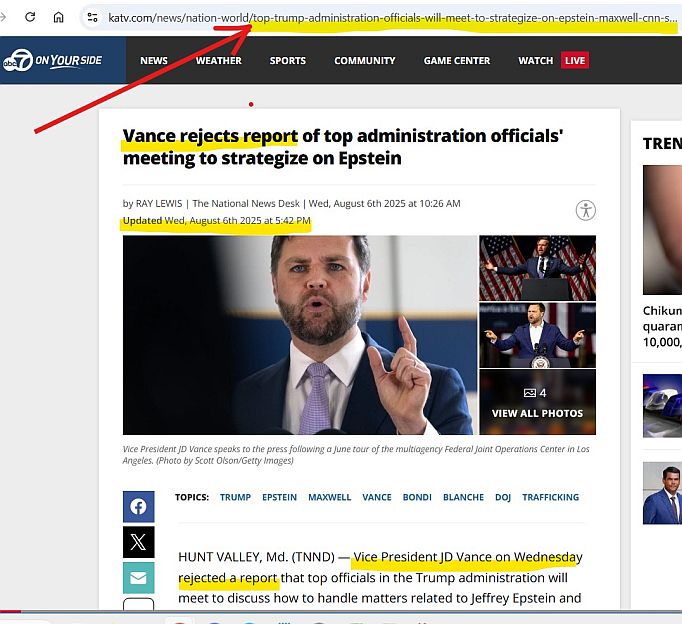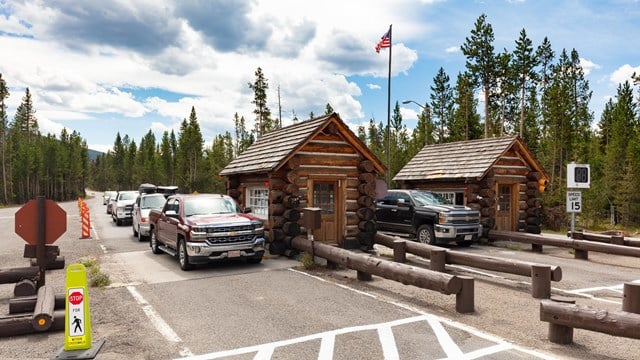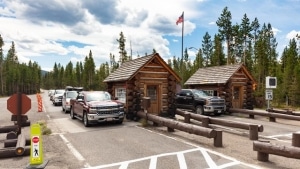Other Nations are Updating their Threat Assessments, Too
It’s not just the US updating its national threat assessments, in public and in private.
Denmark’s military intelligence service raised concerns for the first time about the United States in its annual threat assessment, saying in a report released Wednesday that shifts in American policy are generating new uncertainties for Denmark’s security.
The report points to the United States’ use of tariffs against allies and its intensified activity in the Arctic, and raises many of the same concerns that European leaders have voiced about the direction of President Trump’s America-first foreign policy.
“The United States uses economic power, including threats of high tariffs, to enforce its will, and no longer rules out the use of military force, even against allies,” the report said.
More from the Danish news site Politiken (Firefox translation):
Particularly one specific sentence stands out in the annual threat assessment, where the Danish Defence Intelligence Service (FE) lists external threats and security policy challenges for Denmark.
And notably, it is not about Russia or China. For the first time, the intelligence service in the report titled ’Udsyn 2025’ also focuses on the United States under Donald Trump’s leadership.
»The US is now using its economic and technological strength as a means of power, even against allies and partners«, the main conclusion states.
In an interview with Politiken, the head of FE cites examples such as the threats and imposition of tariffs, the belligerence over Greenland (including US-Greenland talks that exclude Denmark), and attempting to make Denmark (and others) dependent on US technologies.
But with Donald Trump’s statements about wanting to take over Greenland, are you as a service then forced to be interested in the U.S.’s actions in the same way as you do with Russia and China?
»The U.S. has for many years been and remains our most important ally when it comes to our security. So we work closely with the U.S. and with the American services in several areas. That is no secret. It is also clear that we are concerned with how the U.S. acts and also have dialogue with the U.S. regarding American interests«.
But doesn’t it almost go without saying that if someone wants to take over part of Denmark’s territory, it is your job to keep track of it?
»There is no doubt that it interests us and falls within our task. What instruments we use, we do not comment on«.
Is the U.S. our friend or enemy?
»I think that is a political question. We do not focus on friends and enemies; our task is to look at what security policy challenges and threats Denmark faces«.
Not a friend.
Not an enemy.
Someone who presents security challenges and threats.
Politiken goes on:
According to Professor of International Politics Ole Wæver from the University of Copenhagen, it is remarkable that FE »finally« suggests that the U.S. and Europe are no longer two sides of the same coin. For Denmark, he describes it as a »painful divorce« because, compared to many other European countries, we have been »hyper-Atlantic«.
»One thing is that we cannot take for granted that the U.S. is our eternal, reliable ally when we need to counter a threat from Russia and China. The next is how to relate to the fact that the U.S. itself can be a threat. Not least in Greenland. If the service really delved into that question, they would need to write an entire chapter about it in Udsyn«, he says.
Those are not exactly the words any US ambassador or US Secretary of State wants to hear said about the US. The US poses challenges and threats like an ex-spouse, rather than being an eternal, reliable ally? Ouch.
[Let us pause to remember that Trump is the ex-spouse of not one, but two women. Post-Stormy Daniels, we can only speculate on the status of his relationship with wife #3. One can only imagine how much money it has cost Trump to minimize the challenges and threats posed by ex-spouses. But I digress.]
How close was this relationship before? It wasn’t that long ago that the NSA and the FE cooperated in tapping the phones of European leaders like Angela Merkel, and now it’s come to this.
Trump has taken the US relationship with the rest of the world from being the “Leader of the Free World” to “America First” to “America Against the World.” Lovely.
Perhaps Trump might understand this if I put it another way: We’re talking about the Ryder Cup, with Nukes. (And Trump will recall how the Ryder Cup without nukes turned out.)



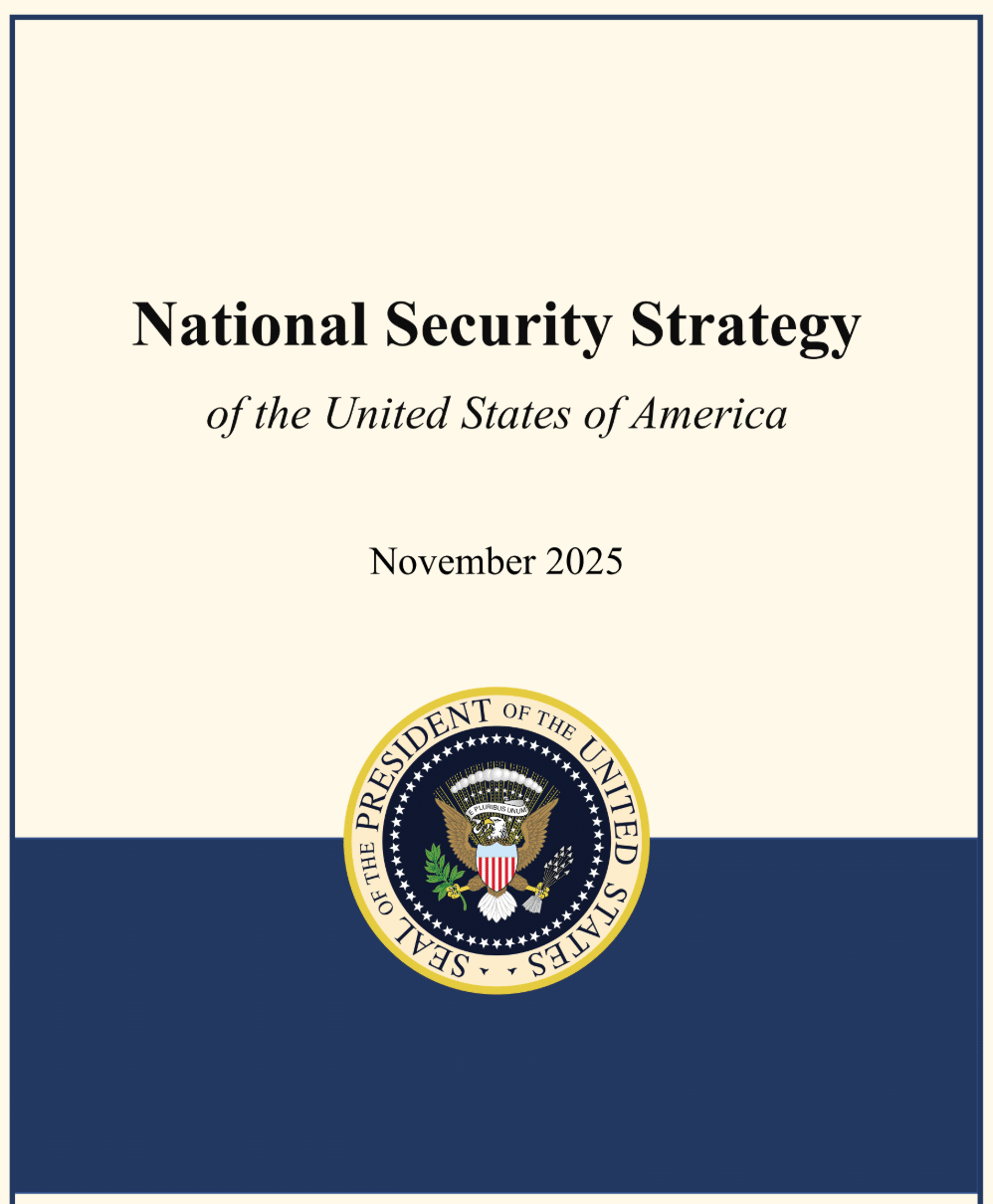


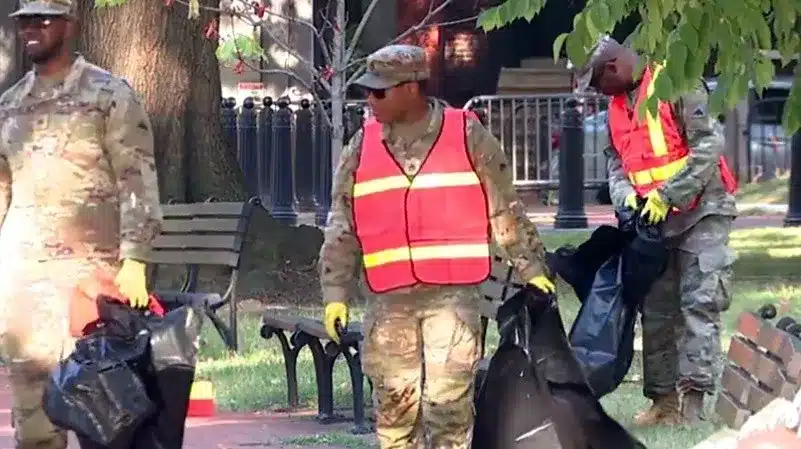
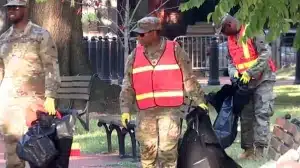
 Imagine a bunch of tourists marching east from
Imagine a bunch of tourists marching east from 
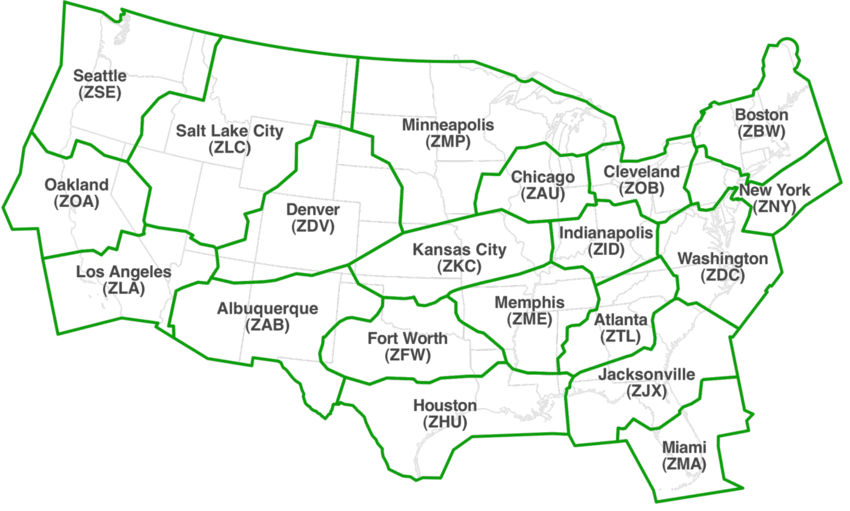

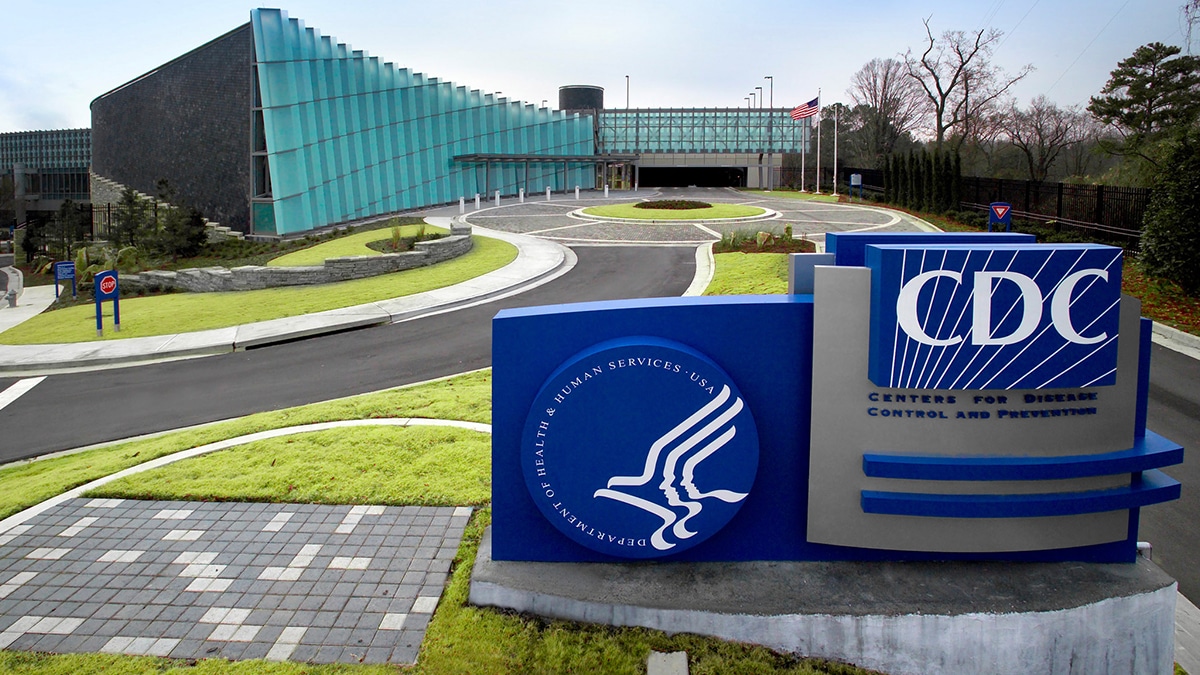
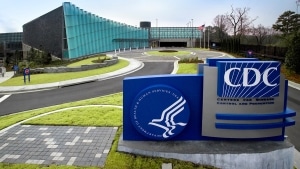

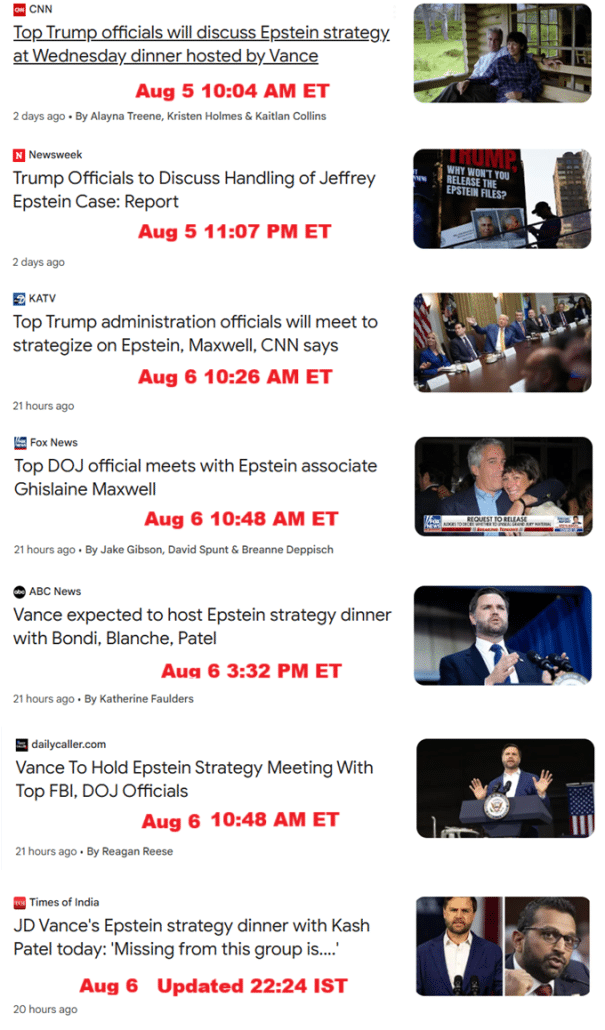 \
\
